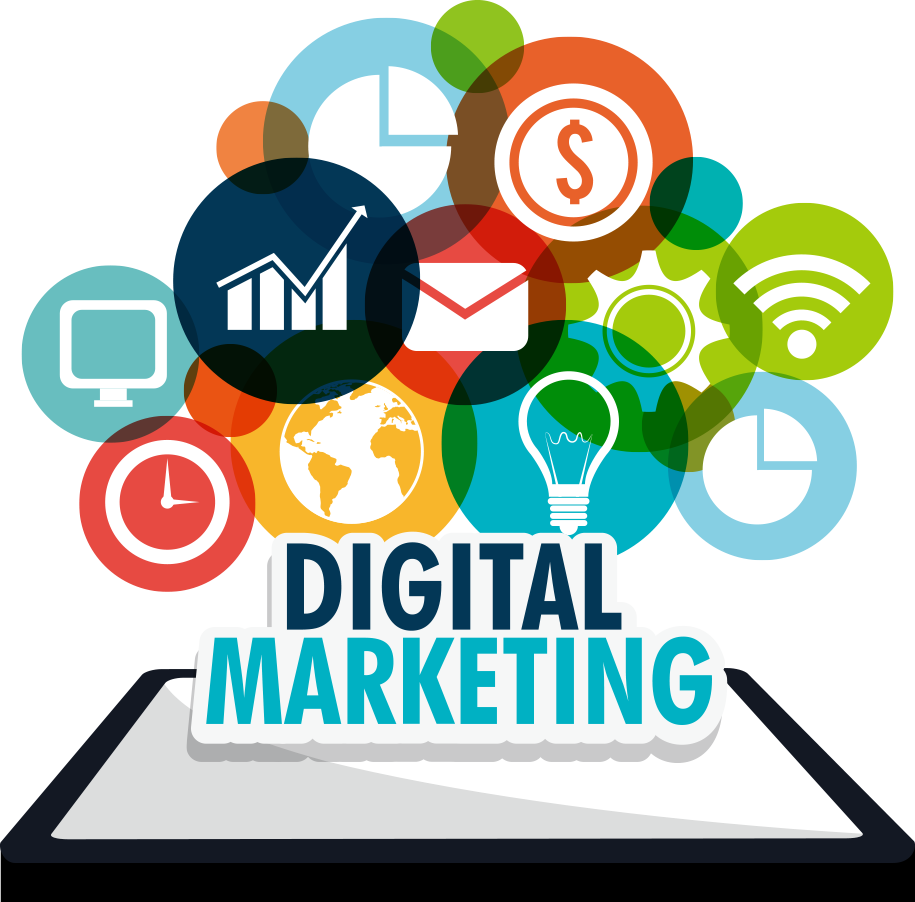INTRODUCTION
Digital marketing — what comes to your mind when you hear that term? In simple terms, digital marketing refers to creating awareness or selling products and services using the internet. While traditional marketing focuses on physical channels like billboards, TV, and radio, digital marketing uses online platforms to reach a global audience.
Though digital marketing has been growing worldwide for many years, it gained significant traction during the COVID-19 pandemic. With people unable to leave their homes and markets forced to close, businesses had to adapt. Meetings, classes, and even entire businesses moved online, fueling the rise of e-commerce, virtual learning, and the selling of digital products like eBooks and video courses.
In Nigeria, the impact of digital marketing cannot be overstated. The pandemic accelerated the country’s shift toward online platforms, giving rise to a thriving digital economy. Nigerians are increasingly accessing online services for shopping, education, and even health consultations. This shift has opened up massive opportunities for entrepreneurs and established businesses alike.
The Digital Marketing Landscape in Nigeria
Digital marketing in Nigeria offers a wide range of options, from social media platforms like Facebook, Instagram, and Twitter to search engine marketing and email campaigns. Nigerian businesses have begun to tap into these channels to promote their products and services, understanding that the future of commerce lies online. Social media platforms, in particular, have become powerful tools for reaching a targeted audience, driving brand awareness, and boosting sales.
However, digital marketing in Nigeria goes beyond just selling products. It’s about connecting with people, building relationships, and offering value. Nigerian consumers are now more tech-savvy, and they expect businesses to offer convenience, accessibility, and personalized services. Brands that understand this are better positioned to thrive in this new digital age.
The Rise of Digital Products
A significant component of digital marketing is the rise of digital products. These are products that you can access or consume online—eBooks, online courses, webinars, software, and more. In Nigeria, the demand for digital products is steadily increasing. With internet access improving across the country, people are looking for ways to upskill, learn new things, and access information conveniently.
Digital products are not only easy to distribute but are also cost-effective for both creators and consumers. Whether you’re a coach, educator, or business owner, you can leverage digital marketing to sell digital products and expand your reach far beyond your immediate location.
Why Digital Marketing Matters for Businesses in Nigeria
Nigeria’s population is young and vibrant, with a growing number of internet users. This presents an incredible opportunity for businesses to tap into the power of digital marketing to grow their customer base. Whether you’re a small business owner looking to reach a local audience or a larger corporation trying to scale nationally or even internationally, digital marketing can help you achieve your goals.
Through the use of social media ads, email marketing campaigns, search engine optimization (SEO), and pay-per-click advertising, businesses can target specific demographics and measure their results more effectively than with traditional marketing methods. The ability to track performance and optimize campaigns based on real-time data makes digital marketing a game-changer for Nigerian businesses.
CONCLUSION
Digital marketing has become a critical tool for businesses in Nigeria looking to remain competitive in an increasingly digital world. From social media campaigns to selling digital products, the possibilities are endless. The key to success lies in understanding the various channels available, developing a clear strategy, and continually adapting to new trends and technologies.
In a country with a rapid online population, the power of digital marketing cannot be ignored. Now is the time for Nigerian businesses to fully embrace the digital age and unlock the growth opportunities that come with it.







